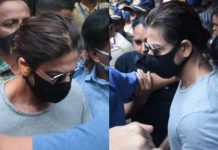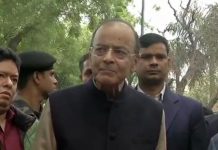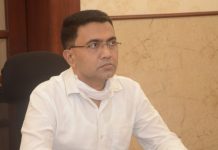On this particular day, the crowd isn’t too large, which is just as well, since he has to leave for Jadavpur University in the evening, where his organisation is supporting a student protest calling for the release of Soni Sori, the first street demonstration on the issue in West Bengal. Every free moment is spent calling colleagues in Kolkata, urging them to join the protest. Another phone call has bad news; they won’t be able to carry out their medical camp in strife-torn Lalgarh this week, since the farmers there need to tend to their crops. Before joining Shaheed Hospital, Goon worked in Bhopal, treating victims of the 1984 disaster. When the violence in Nandigram broke out in 2007, his Shramajibi Swasthya Udyog was one of the first on the scene, sending a team of doctors three days after police firing had killed more than 15 people, to assess the situation and provide free check-ups. Their damning report revealed the scale of the violence, which was being downplayed by the government at the time, exposing how many victims, mostly women, had been denied medical aid.
The narrative on rural healthcare today focuses on the question of how to induce young doctors to work in the villages, either through compulsion or incentive. For Goon’s generation of doctors, medicine as public service was as valid an idea as that of medicine as a career choice. One reason, says Piyush Guha, who was incarcerated with Binayak Sen in Chhattisgarh on charges of being a Maoist and is a friend of Goon’s (he was present at the Jadavpur rally), was the influence of politics on student life. “Our generation was politically active. We had role models in the Naxalites, for better or worse, who were willing to give up their lives to work in the villages.” Goon doesn’t see a decline in volunteers, pointing out that the youngest doctor in his organisation is only 19. Jana, though, has had major problems attracting volunteers; just six doctors manage his significantly larger hospital. “Medical education needs to be reformed,” he says. “With the large increase in private medical colleges, students have to spend a lot of money to get a degree and, naturally, they have to earn that money. If we increase the number of government hospitals and give chances to lower middle-class students, many more will come to work in rural areas.” He is, however, against the idea of forcing doctors to work in rural areas, citing his experience of medical students who have “no idea how to treat patients, how to diagnose malaria or diarrhoea. There is no one to train them here. They’re not doing any good, only harming people.”
One initiative that has acquired much traction is the training of quacks in the elements of medical philosophy, something that Goon’s organisation has attempted in a number of places. This sort of training has had a mixed response from the health establishment. The Chhattisgarh government introduced a pilot project in training village youths in basic medicine, which helped to a large extent to fill the vacancies in the state’s community health centres. An attempt by the central government to introduce a Bachelor of Rural Healthcare course, however, was met with protests by the Indian Medical Association (IMA), and other similar associations, which alleged that such a measure undermined a villager’s right to life, and had to be eventually watered down. “Quackery will not change in the near future,” says Jana, “They have a small knowledge base, but if that is sufficient, what is the problem? In any case, a urologist has no knowledge in neurology. Is the IMA in a position to provide doctors to rural areas?”
Even as other doctors choose cushy jobs over public service, Goon continues to live the life of the committed revolutionary. “If what doctors are doing does not challenge the status quo,” he said in another interview, “what is the point of practising medicine?” He has earned the respect of his peers, many of whom periodically come to his hospital to see patients. More important, he says, is the love he has received from the people he serves, and he doesn’t see himself stopping anytime soon.
ajachi@tehelka.com













